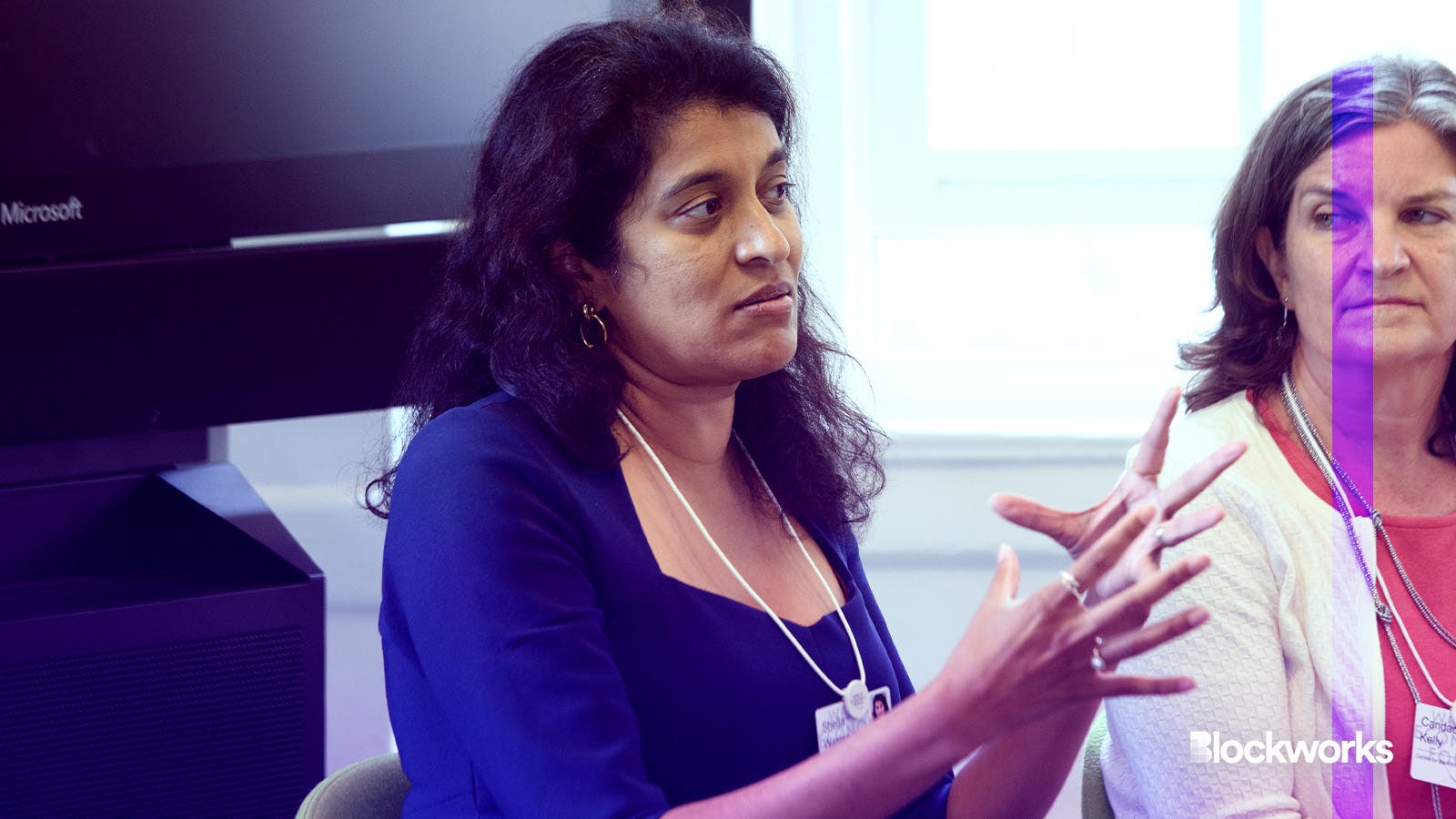EU comes to provisional agreement to expand AML to crypto
“Most of the crypto sector” will be impacted by the new rules, which still need to be finalized by lawmakers

Crypto Council for Innovation CEO Sheila Warren | World Economic Forum/"The Global Technology Governance Retreat" (CC license)
The European Parliament and Council reached a provisional agreement to apply anti-money laundering and counter-terrorist financing laws to crypto entities, according to an announcement Thursday.
“Most of the crypto sector” will be impacted by the new rules, if finalized, which include due diligence requirements involving client transactions of 1,000 euros (approximately $1,086) or more, according to Thursday’s statement from the European Council.
The provisional agreement also stipulates that national Financial Intelligence Units “and other competent authorities” will be granted access to information about what banks and crypto asset managers hold under beneficial ownership. “Certain” foreign entities will also be included in these beneficial ownership registers, the announcement noted.
Read more: Lawmakers butt heads on role of crypto in terrorist financing
The Crypto Council for Innovation, a global group of industry members, called the new provisions “positive news.”
“We welcome this agreement which ensures a more consistent and robust [anti-money laundering] framework applicable to a range of providers, including [crypto asset service providers],” the group wrote on X Thursday.
The Crypto Council for Innovation communicated with legislators ahead of the new rule release in order to ensure the polices were fair and enforceable while still allowing for innovation, they added.
The new provisions “will improve the way national systems against money laundering and terrorist financing are organized and work together,” Belgian Minister of Finance Vincent Van Peteghem said in a statement Thursday.
“This will ensure that fraudsters, organized crime and terrorists will have no space left for legitimizing their proceeds through the financial system,” Van Peterghem added.
The provisional agreement comes roughly six months after the European Union finalized its Markets in Crypto Assets Regulation (MiCA), which became the first crypto regulatory framework in the region.
Officials stated that Parliament and the Council must officially ratify the updates before they become enforceable.
Get the news in your inbox. Explore Blockworks newsletters:
- The Breakdown: Decoding crypto and the markets. Daily.
- 0xResearch: Alpha in your inbox. Think like an analyst.






